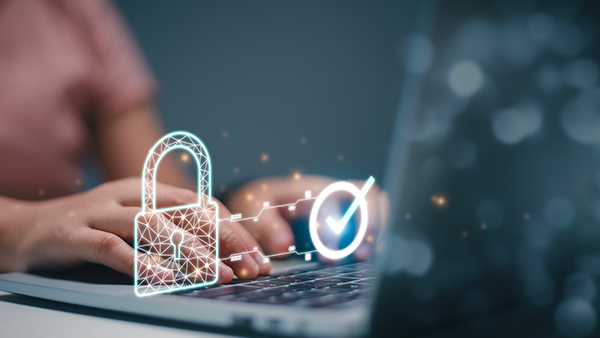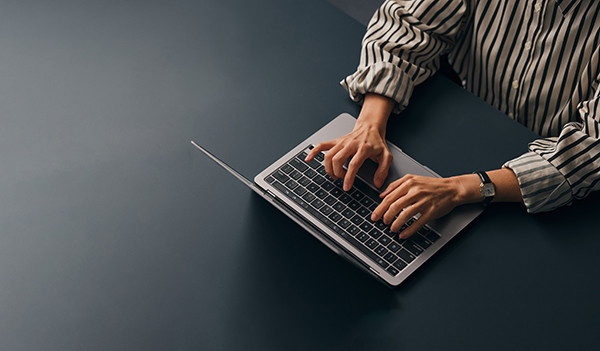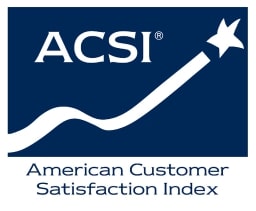No one is immune to the risks of having their social media profiles hacked. The best way to protect yourself from potential harm is to take proactive steps and ensure your accounts are as secure as possible. With the right security measures, you can help to ensure your information is safe.
1. Set a Strong Password
The use of passwords is one of the most basic methods of security, so it’s essential that you create strong passwords that are difficult to guess. To make it harder for your account to be hacked, use a combination of upper and lower-case letters, symbols and numbers when creating your password. Make sure to also change your passwords frequently.
Moreover, don’t use the same password across multiple sites. Doing so puts you at risk if a hacker were to gain access to one of your accounts; they could easily use it to access your other ones.
2. Enable Two-Factor Authentication
This feature combines something you know (like your password) and something you have (like your phone). When you enable two-factor authentication, it means that even if a hacker knows your password, they won’t be able to access your account without access to the other factor.
When you set up two-factor authentication, a code is usually sent to your phone or email to confirm that you are attempting to log in. This makes it much harder for hackers to gain access to your accounts.
3. Be Careful What You Share
Often one of the main reasons people have their accounts hacked is because they are too careless with their personal information. Avoid sharing too much information about yourself, such as your address, phone number or financial details. Also, be careful with the photos and videos you post on social media. Additionally, avoid posting anything that could put your safety at risk.

For instance, be aware of the geolocation features on social media platforms. When you post a photo or video, it may contain information about your location that could give hackers access to your home address.
4. Avoid the Use of Public Wi-Fi Networks
Public Wi-Fi networks are often unsecured and can make you vulnerable to hacking. So when using public Wi-Fi networks use a virtual private network (VPN) to encrypt the information you send and receive. This will help keep your data secure and protect against potential cyber threats.
However, instead of relying on public Wi-Fi networks use your home or cellular network if you can. This will give you an added layer of protection and make it harder for hackers to access your accounts. A company like GVEC Internet provides safe and reliable high-speed internet services for residents of South Central Texas.
5. Update Your Security Settings
Regularly check and update your social media account’s security settings. These settings give you control over who can view, comment on or even access your profile. So take some time to review them and ensure that only people you trust can see your posts and personal information.
Additionally, be aware of third-party apps. Hackers can use these to gain access to your accounts. To avoid this, thoroughly review each app before allowing it access to your social media accounts.
6. Be Aware of Malicious Links
Remember, if something seems too good to be true or sounds too urgent, chances are it’s probably not legitimate. For instance, a link in an email that promises free money or a “once-in-a-lifetime” offer should not be clicked on. So trust your gut and be skeptical when you come across suspicious links.

7. Use Reputable Antivirus Software
As the name suggests, antivirus software can help to protect your computer from viruses and other malicious software. It works by scanning the files on your computer and detecting any potential threats that could be used to gain access to your accounts. Ensure you have an up-to-date antivirus program installed and running on your devices— doing so will help keep hackers at bay.
Social media has become an important part of our daily lives, and it’s essential that we take steps to keep our profiles safe from hackers. By using strong passwords, enabling two-factor authentication, being careful what you share online, avoiding public Wi-Fi networks, updating security settings and installing reputable antivirus software, you can feel better about your social media profiles are safe and secure.
At GVEC Internet, we provide fast and secure internet services. Contact us today for more information about our services.


